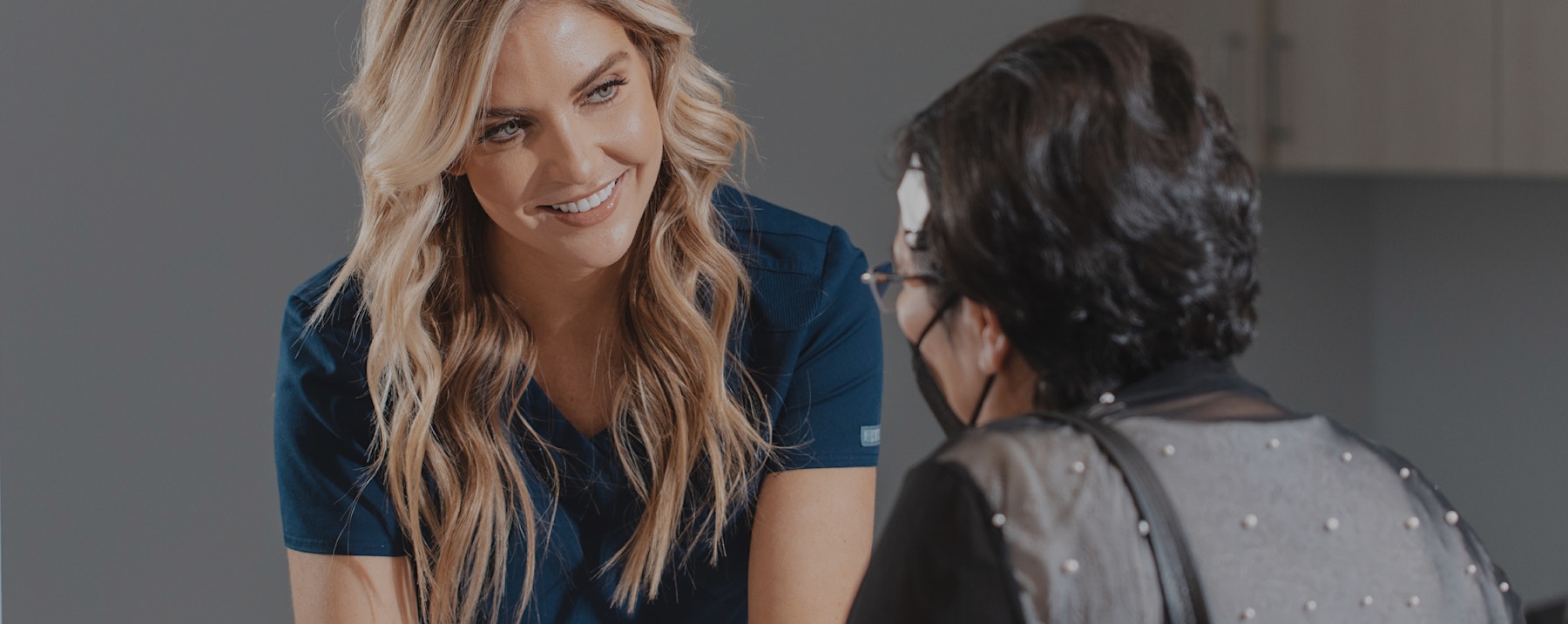
We often take a lot of things for granted, including our body’s remarkable ability to heal.
It can seem like a magical process to see a cut or incision become whole again, but it’s not magic at all. It’s actually a complex series of events involving numerous chemical signals. Because of this, it’s crucial to seek professional care if you notice a wound that doesn’t heal.
At Wound Evolution - Wound Care and Hyperbaric Medicine, our practice centers around treating all types of wounds, including chronic and non-healing wounds. Our skilled team offers proven and targeted treatments to address even the most complex wound problems, including diabetic ulcers and non-healing surgical wounds.
If your wound isn’t healing, here’s what it could mean and how we can help.
Why wounds don’t heal
The key to adequate wound healing is a healthy blood supply. Your blood contains vital elements like oxygen and nutrients that play a crucial role in the healing process. Without a healthy blood supply, wounds can take at least twice as long to heal, and they may not heal at all.
Additional factors that cause slow or non-healing wounds include:
- Health conditions, like diabetes and obesity
- Poor nutrition
- Infection
- Smoking or heavy alcohol use
- Certain medications, like nonsteroidal anti-inflammatory drugs and corticosteroids
In most cases, even a large wound should heal within three months, meaning you have new, healthy tissue that repaired the area. A wound that doesn’t heal within three months is considered chronic, or non-healing.
Why you shouldn’t ignore a non-healing wound
According to some estimates, up to 6.5 million Americans have chronic wounds. In most cases, they’re more common among older adults and those with such conditions as:
- High blood pressure
- Diabetes
- Obesity
- Vascular diseases
You should never ignore a non-healing or chronic wound because it will continue to grow larger, which puts you at risk of infection and even amputation.
We recommend seeking professional wound care to avoid complications when a wound doesn’t start to heal in two weeks or fails to heal completely in six.
How wound care can help
We specialize in wound care, and any time you have a slow-to-heal or chronic wound, you need intensive treatment to ensure optimal outcomes.
Your visit starts with a thorough assessment, when we review your medical history and evaluate your wound. We might also conduct additional diagnostic testing to identify the underlying cause of your wound and potential complications, such as infections.
After reaching a diagnosis, we outline a treatment strategy using the most advanced therapies to help stabilize your wound and promote the healing process. This could involve a variety of wound care therapies, such as:
- Antimicrobial or specialized dressings
- Topical or oral antibiotics
- Wound debridement
- Bioengineered skin grafts
- Compression therapy
- Hyperbaric oxygen therapy
Good nutrition also plays an essential role in the healing process, so we might also suggest dietary changes or supplements to ensure you consume enough calories, protein, and nutrients on a daily basis.
Don’t wait for a non-healing wound to get worse. Contact us at the nearest Wound Evolution location to schedule an appointment. We have offices in Dallas, Fort Worth, and San Antonio, Texas, as well as Overland Park, Kansas.

